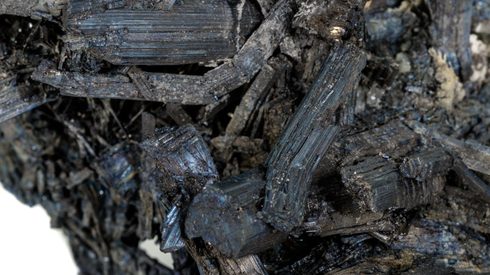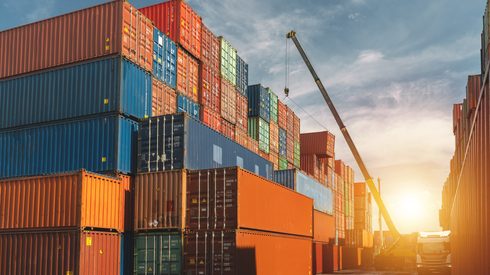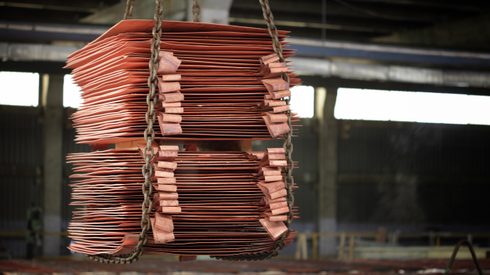Lord Copper could not normally be accused of socialism or state interventionism, but I must congratulate US president Obama on his statement last night about reforms to the banking system.
It’s been a bizarre anomaly that banks whose primary economic function has been the taking of deposits and the recycling of those deposits into commercial loans to further the development of national and global economies should instead be dominated by trading in financial markets.
Don’t get me wrong – I have no objection to investment, speculation or hedge funds.
What I would like to see is more honesty – if you want to be a trading company or a hedge fund, say so. That way, banks can be commercial lending operations and speculators and investors can be precisely that.
It would be naïve not to accept that a large part of the boom in asset prices over the last year or so has been fuelled by the cheap (or free) capital ploughed into the banking system by various national governments.
Yes, China is growing rapidly and sucking in commodity imports (just look at oil and copper), but without the stimulus money chasing those commodities, I think it would be difficult to see such a rapid recovery in the prices.
Look at prices and volumes, and it’s not hard to make the case that chunks of the money pumped into the system to rebuild banks’ capital base has been chasing profits in the financial markets.
Obviously, it’s right that investors can do what they like with their money, and speculators have fulfilled an honourable, liquidity-providing role in the commodity markets since their inception.
But if a speculator, or an investor or trader gets it wrong and bankrupts himself, it doesn’t necessarily infect the whole system.
Amaranth managed to destroy itself without taking the world with it.
If a major bank failed though, such is the reach they have as the central pillars of finance that the contagion risks spreading like wildfire through the entire financial system.
It seems to me that that’s a good reason to ensure that banks are not taking huge risks in volatile financial markets.
It makes perfect sense to force them to decide whether they want to be commercial banks or hedge funds, and three cheers for Obama for setting out to prevent those functions being under the same roof.
To move from the general to the specific, what are the implications for metal trading? Well, we probably all agree that bank trading has had a huge influence on the market in recent times, but that needn’t necessarily go away. Reclassifying those activities as speculative, and therefore part of a trading company and not a commercial bank, shouldn’t really change a lot.
If it does, then that would suggest that the capital being used to support that trading is currently part of the commercial bank, which would in turn support the view that some of the activities are being carried out in the grey area best avoided.
It’s a simple conclusion – banking and trading are not the same. Let’s keep them separate, in all of our interests.






